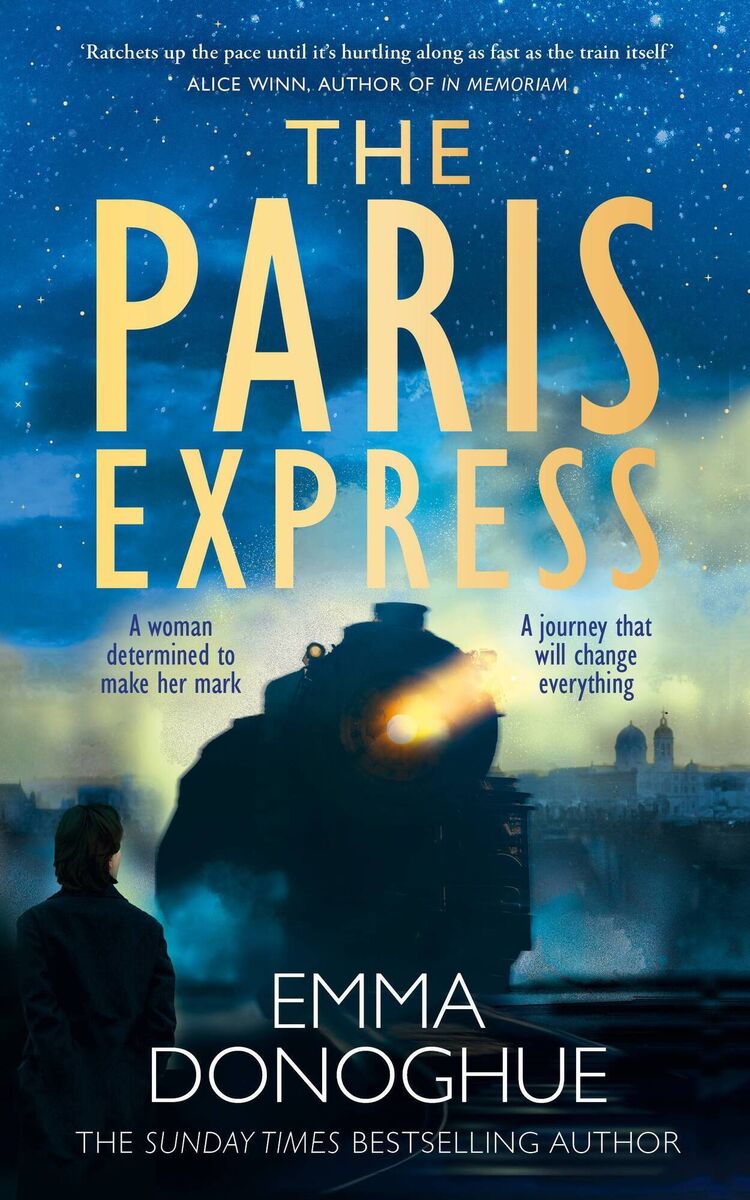Book review: All aboard for an enthralling ride in this explosive historical thriller

Emma Donoghue’s excellent research sheds new light on the social history of France. Picture: Woodgate Photography
- The Paris Express
- Emma Donoghue
- Picador, €16.99

A black American painter in first class is treated for a nose-bleed by a female scientist of Cuban origin, and a spark is lit.
BOOKS & MORE
Check out our Books Hub where you will find the latest news, reviews, features, opinions and analysis on all things books from the Irish Examiner's team of specialist writers, columnists and contributors.


